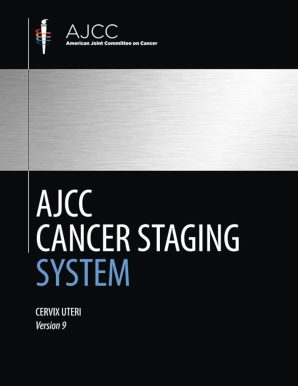At the very end of 2023, new developments in different areas of oncology were reported in the literature; a few are highlighted below.
New about old in cancer diagnostics and treatment
Drug repurposing is one of the established practices in cancer therapy. Researchers at the Icahn School of Medicine at Mount Sinai conducted an animal study aimed at using an allergy drug in cancer treatment. The study was published in Nature.
A new study established that needle biopsy, an indispensable tool for the diagnosis of breast cancer, itself triggered cellular changes that later promoted cancer spread. The study was published in Cell Reports Medicine.
A new retrospective cohort study showed that the use of proper diagnostic tools helped establish that patients with benign breast disease were more likely to get breast cancer than the general population. The study was published in JAMA Surgery.
Artificial Intelligence (AI) is increasingly used for prediction of cancer patients’ outcomes
A new study by Northwestern University researchers employed an artificial intelligence (AI) tool that ensured more precision in predicting outcomes in breast cancer patients, thus sparing them unnecessary chemotherapy treatments. The study was published in Nature Medicine.
Another AI model created at UT Southwestern Medical Center analyzed cell spatial organization to increase the precision of patient diagnoses and prognoses, paving the way to improved personalized treatment approaches. This study was published in Nature Communications.
Interesting approaches emerge in cancer treatment
Researchers from the Rare Cancers Genomics Team at the International Agency for Research on Cancer (IARC) and partner institutions created “mini-tumours”, small versions of a rare and “obscure” neuroendocrine cancer that can create a “test” environment for the investigation of the development of this cancer and the ways of treating it. The study was published in Cancer Cell.
Researchers from the U.S. found a way to destroy cancer cells by vibration, stimulating aminocyanine molecules with near-infrared light. That “caused them to vibrate in sync, enough to break apart the membranes of cancer cells.” The study was published in Nature Chemistry
A multi-institutional team of researchers has received federal funding to develop a bacterial therapeutic for precise and less expensive cancer treatment through a single dose.
New research into the dietary approaches to cancer was reported
Recent research into diet effects on cancer found that white navy beans had a beneficial effect on colon cancer survivors. This finding may have an impact on the prevention of colon cancer and better outcomes for colon cancer survivors. The results of a clinical trial were published in eBioMedicine.
A systematic review and meta-analysis of observational studies conducted by British researchers found that intake of raw carrots decreases cancer risk across different cancer types by 10-20%. The study was published in Critical Reviews in Food Science and Nutrition.
Another study on a dietary intervention established a beneficial effect of Flaxseed for decreasing breast cancer risk. The study was published in Microbiology Spectrum.
On the other hand, some foods may be harmful and increase cancer risk. A new prospective study found that higher intakes of alcohol and white bread are associated with increased colorectal cancer risk. This study was published in Nutrients.
And another study on the adverse effects of certain foods found that ultraprocessed foods may increase the risk of head and neck as well as esophageal cancers. The study was published in the European Journal of Nutrition.
 The new 9th version of the AJCC Cancer Staging System (formerly known as the AJCC Cancer Staging Manual) is now electronically available in the library. The American Joint Committee on Cancer (AJCC) made an important change to how it updates and releases Cancer Staging content. The AJCC shifted from a Cancer Staging Manual to a Cancer Staging System and moved away from Editions to Versions.
The new 9th version of the AJCC Cancer Staging System (formerly known as the AJCC Cancer Staging Manual) is now electronically available in the library. The American Joint Committee on Cancer (AJCC) made an important change to how it updates and releases Cancer Staging content. The AJCC shifted from a Cancer Staging Manual to a Cancer Staging System and moved away from Editions to Versions.

